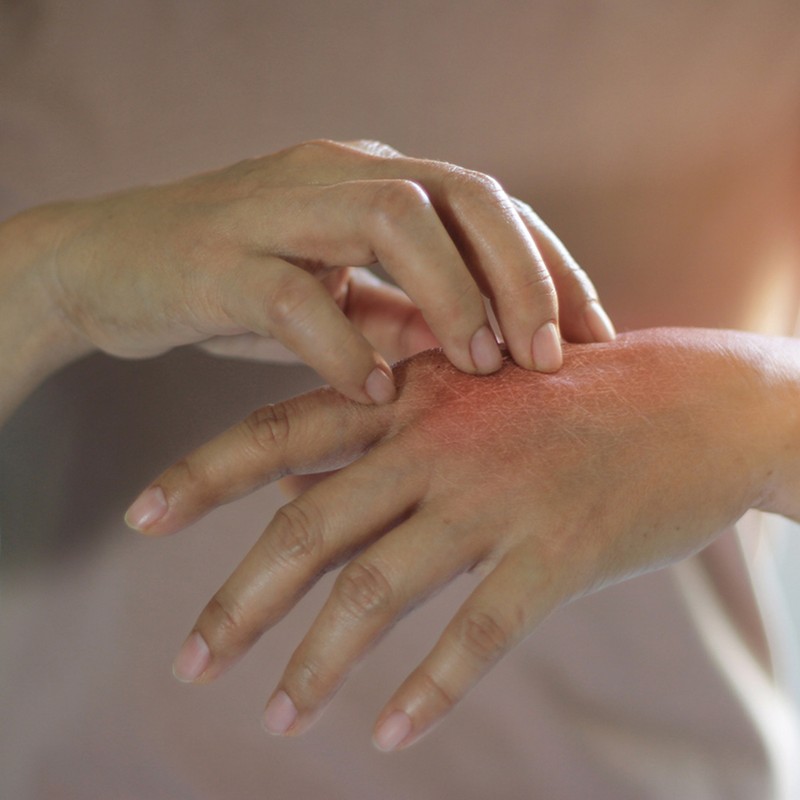
Eczema 101: From Triggers To Treatment
Let's go back to basics – what exactly is eczema and what causes it?
“The term eczema is used to describe a skin condition in which the outer skin layer is inflamed. There are different types of eczema, which are generally classified by the location of the breakout or the physical appearance. A common type of eczema is atopic eczema, also referred to as infantile, flexural (elbows, wrists and knees are flexural joints) or atopic dermatitis. Atopic eczema is an allergy disease with a hereditary trait and is common in sufferers of hay fever and/or asthma. Contact dermatitis is another type of eczema; there are two divisions within this type of eczema called irritant and allergic. Contact allergic dermatitis results from a deferred reaction to an allergen whereas contact irritant dermatitis, the more common one, occurs as a result of contact with irritants such as chemicals in hair and body products. Other types of eczema include seborrheic dermatitis, xerotic eczema, discoid eczema and venous eczema.” – Dr Shabir Daya, pharmacist and co-founder of Victoria Health
“Eczema is an inflammatory skin condition, although the causes are not fully understood. As with everything, it’s important to remember that no two people are the same, and the underlying problem can differ between individuals. More common triggers include allergies and/or intolerances to food, skin products or medications, as well as stress. Research also shows links with the gut microbiome, as well as inflammation in the body, which may be in part exacerbated by poor gut function.” – Alice Mackintosh, nutritionist and co-founder of Equi London
Is eczema related to hormones, like acne can be?
“Eczema can be related to hormonal changes for some people. It’s possible this is due to changes in the gut microbiome, or bowel habits at different times of the month.” – Alice
“We do not fully understand what causes eczema though it is thought to be a combination of genetics and some form of a trigger whether food sensitivity or imbalances in hormones. Certainly a decrease in oestrogen levels (as common in the menopause) makes the skin more prone to dehydration and therefore dryness, making your skin more vulnerable to eczema.” – Shabir
Are some people more prone to eczema than others?
“You may be born with greater likelihood of eczema because of the genes you inherit. If one or both of your parents have eczema, you are more likely to have the condition. Some forms of eczema are a result of an overactive immune system too, which can result in inflammation.” – Shabir
In your experience, what triggers a flare-up?
“People who suffer from hay fever and asthma seem to be more prone to eczema. However, it’s tricky to pinpoint specific triggers, as in many instances, eczema may flare-up a few weeks after exposure to the trigger.” – Shabir
“This varies hugely between individuals, but in my clinic, I see that nutrient deficiencies, poor diet, stress, reduced immunity, and poor gut health can all be contributing factors. It’s worth noting that all of these things can also contribute to inflammation in the body.” – Alice
So can diet help with eczema?
“Our diet provides the key nutrients that are necessary for normal skin function, as well as helping to support our immunity, digestion and the rest of the body. Eczema can be a complex problem for many, but nutrition can be a key part of the puzzle. If you’ve tried everything but don’t eat the best diet, it’s certainly something to try, and in any event, a good diet is essential for overall good health. Remember changes to diet can take time to manifest with the skin, and you really need to be consistent for three months minimum to start to see changes. Try to eat more oily fish, ideally three times per week; fresh colourful vegetables, aiming for seven portions per day; berries of all kinds; fermented foods such as kefir, sauerkraut and unpasteurised cheese; nuts and seeds; organic meat; eggs; and nuts and seeds. Also try to cook with herbs and spices such as turmeric, cinnamon and fenugreek, and use fresh herbs such as coriander and parsley liberally in your cooking. On the flipside, try to avoid processed foods of any kind; refined, white carbs; added sugars and sweeteners; too much alcohol; burnt, charred foods; vegetable oils; and deep-fried foods.” – Alice
“People who change their diet often find great benefits. An eczema diet ideally should avoid processed foods if possible. Bacon, tinned food, frozen preserved food, white sugar and flour are typically to be avoided. Severe eczema may also require the abstinence of wheat and gluten. There are many prescribed ‘eczema diets’ although most of these are very strict and hard to follow. I believe that if you cannot completely abstain from these foods, at least moderate their intake.” – Shabir
Is it worth trying an elimination diet to work out if a certain food is triggering your eczema?
“You can try an elimination diet, but it’s best to speak to a doctor before doing this. Two of the most common food groups to consider cutting out are dairy and gluten, but be sure to cut one out at a time, otherwise you wont know what is working. You’ll need to stick to an elimination diet for three months and be fastidious in your approach. Always research before you start an elimination diet and replace what you’re cutting out with healthy alternatives.” – Alice
What about alcohol?
“Alcohol consumption, especially if it’s above the government’s recommended 14 units per week, is harmful to all organs in the body and is certainly something to avoid if you are trying to manage a tricky skin condition. It can increase our need for nutrients, imbalance gut bacteria and harm the all-important gut membrane, which can lead to increased levels of inflammation. Many types of alcohol also contain histamine, which for some can increase inflammation.” – Alice
Are there any other lifestyle factors that can aggravate eczema?
“Exercise can result in dehydration of the skin, which can make eczema worse. Sweat can also irritate eczema and if you get hot when you exercise, this can lead to itchiness and make eczema lesions worse.” – Shabir
Do you think healing the gut can help with eczema?
“Yes – it’s certainly worth giving this essential organ some attention. Our digestive system houses over 60% of our immune system, as well as being colonised with trillions of bacteria, which support everything from our skin and immunity, to our mood, sleep, immunity, hormones and beyond. A nourishing diet helps to encourage an abundance of healthy bacteria in the gut, as well as supporting the gut membrane, an organ that provides a barrier between what we ingest through the gut, and the rest of the body. Regulating this barrier is essential for good immunity and may have an impact on skin health.” – Alice
“Yes – maintaining healthy levels of beneficial bacteria has benefits beyond digestion. Introducing beneficial bacteria can help prevent or treat certain skin complaints such as eczema. It is theorised that these bacteria reduce inflammation, which can trigger many skin concerns. Lactobacillus rhamnosus GG, a probiotic strain originating from the human intestinal microbiota, has been the subject of more than 760 scientific studies and 260 clinical trials. This particular probiotic strain has been found to be of benefit for skin disorders such as acne, eczema and allergies associated with food sensitivity.” – Shabir
Are there any other supplements that can help?
“Some types of eczema will benefit greatly from the use of cleansing herbs such as burdock root. Burdock root not only displays blood-purifying properties but also displays antimicrobial properties, which is good for some types of infective forms of eczema. Zinc supplements may also be beneficial since zinc is known to calm down inflammation, which is why it is often used in nappy creams. A supplement that contains both burdock and zinc is Clear Skin Complex by Viridian Nutrition.” – Shabir
“Supplements can be a really great support alongside a healthy diet – some of the best ingredients to try are included in our award-winning Equi Beauty Formula. It’s a synergy of 48 of the most effective nutritional compounds proven to hydrate, strengthen and rejuvenate the skin from within, with key ingredients to support eczema prone skin – think vitamins D and C, turmeric, collagen, zinc, reishi mushroom extract, glutamine and omega 3 oils.” – Alice
Are there any alternative therapies that can help?
“We know that stress plays a huge part in making eczema worse, and therapies that counter stress, such as massage and hypnosis, have been proven to be beneficial. Acupuncture also appears to be beneficial and is often used to enhance kidney function since the kidneys help in the removal of toxins from the body. Bathing in mineral rich water may also prove to be of value since minerals appear to enhance hydration levels in skin.” – Shabir
What about topical products – are there any you recommend?
“While there is no cure for eczema, certain products can reduce breakouts, calm inflammation and relieve itching and discomfort. The most frequent treatment is the use of prescribed steroid creams. These work very quickly to suppress inflammation and relieve the redness and itching, but they do not cure eczema and their long-term use is thought to be responsible for thinning skin and may also cause skin discolouration. It is for this reason that many people look for a natural eczema treatment, and I recommend Basix’s Skin Defence Cream. It contains fruit extracts indigenous to Africa and Australia, which have been used for hundreds of years to treat numerous skin concerns including inflammatory skin concerns such as eczema, leg ulcers and skin sores. It also contains aloe vera, which can encourage the healing process.” – Shabir
From balms to supplements, shop SL’s edit of the best products to soothe eczema flare-ups…
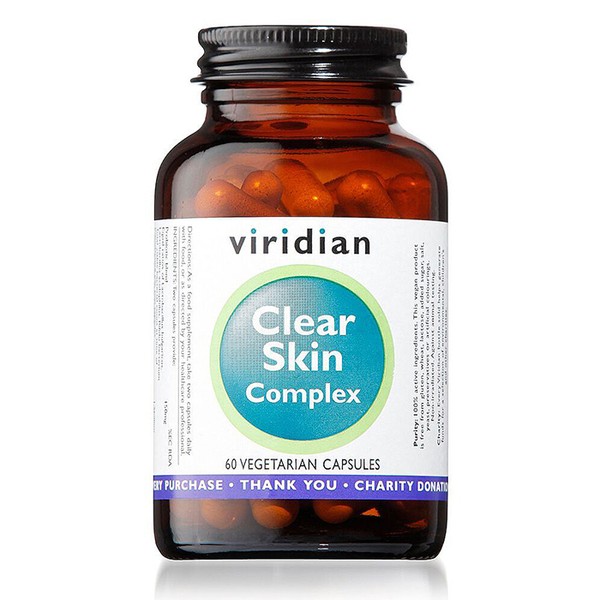
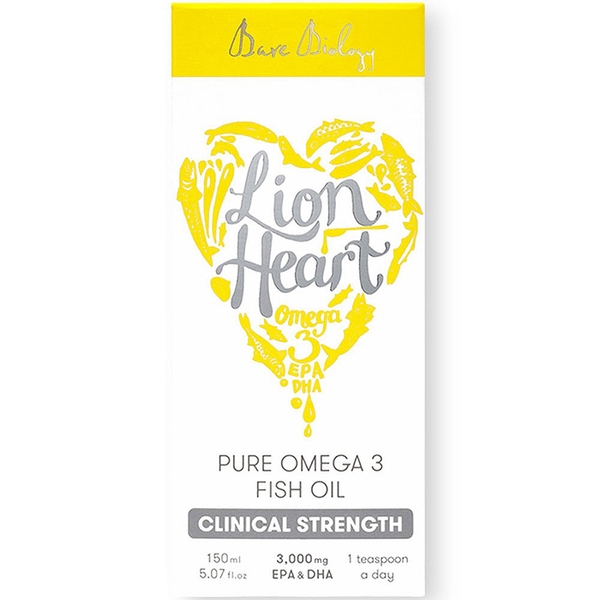
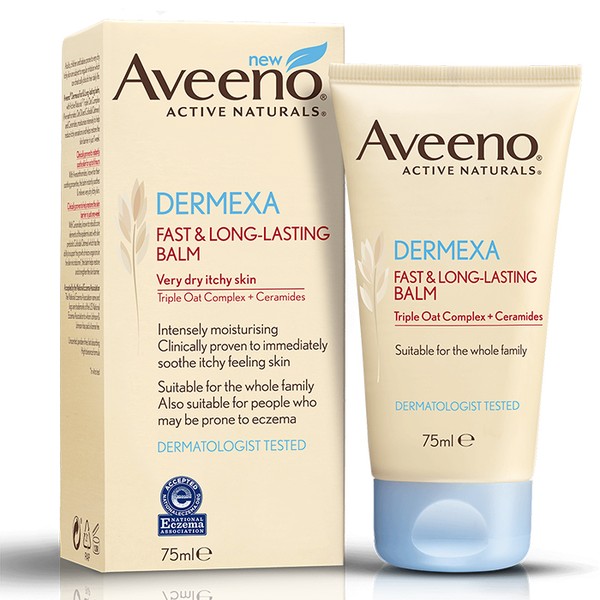
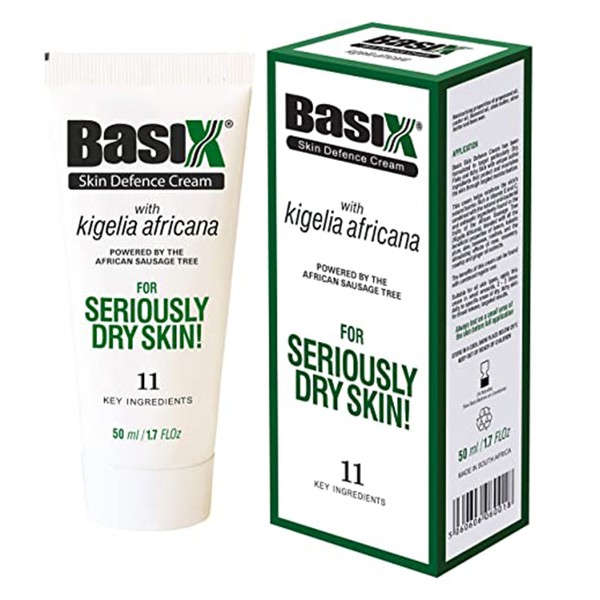
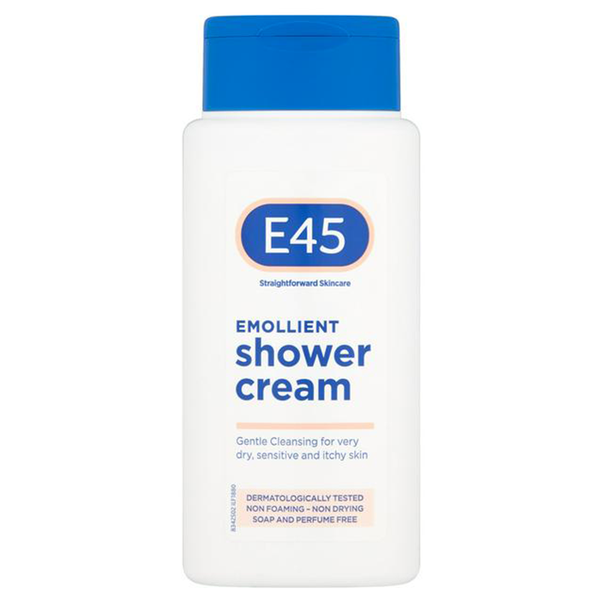
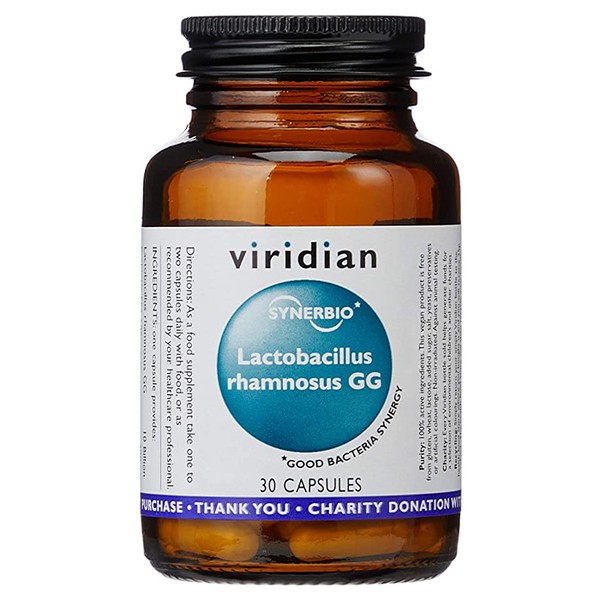
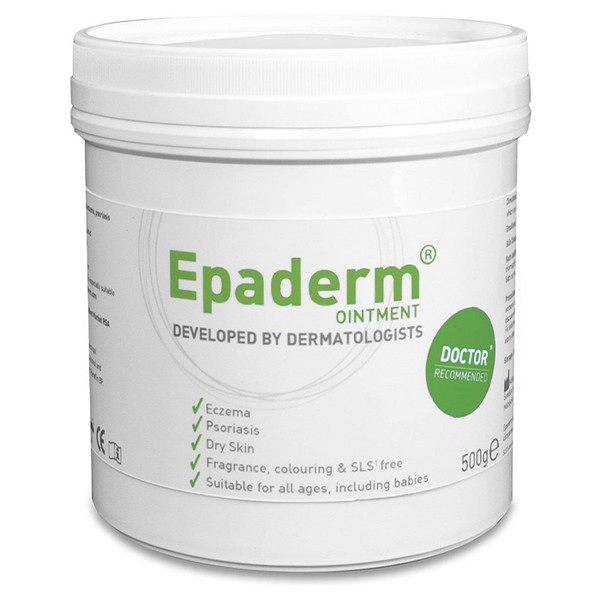
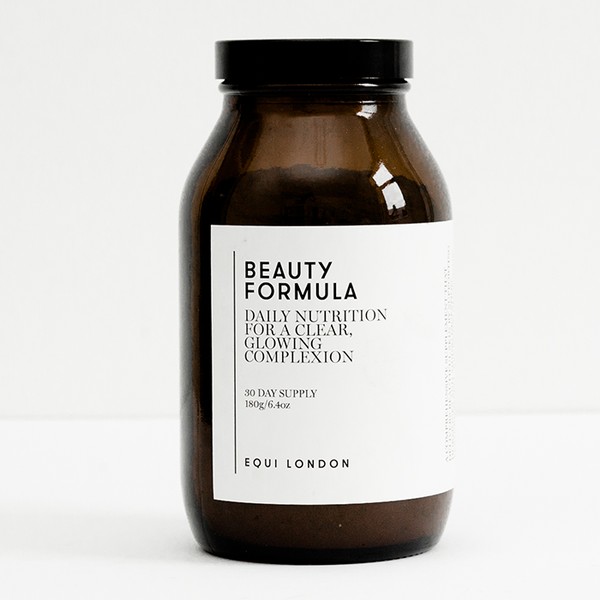
For more information visit VictoriaHealth.com, EquiLondon.com and Eczema.Org. If your skin flares up, a doctor or pharmacist might recommend a topical steroid cream, but you should only use one if you’ve been advised to do so by a healthcare professional. If normal treatment isn’t controlling your eczema, your GP can refer you to a dermatologist.
*DISCLAIMER: Features published by SheerLuxe are not intended to treat, diagnose, cure or prevent any disease. Always seek the advice of your GP or another qualified healthcare provider for any questions you have regarding a medical condition, and before undertaking any diet, exercise or other health-related programme.
DISCLAIMER: We endeavour to always credit the correct original source of every image we use. If you think a credit may be incorrect, please contact us at info@sheerluxe.com.

